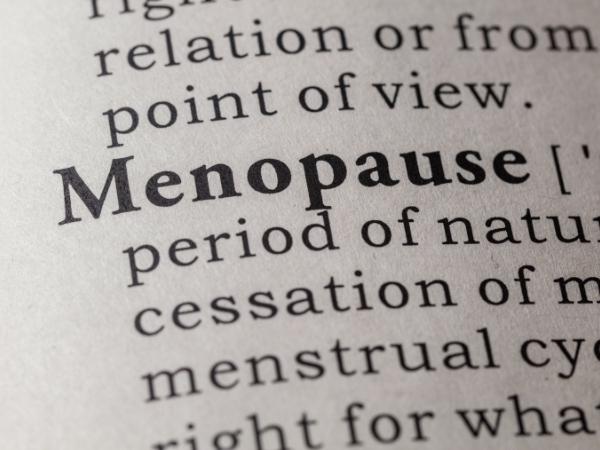How to eat healthily for menopause
For women in their 40s and 50s, menopause can be a tricky path to navigate. But how should you eat healthily for menopause to support your hormones and help with potential symptoms such as sleepless nights, brain fog, low mood and hot flashes? Meera Bhogal, who runs an 8 week ‘Don’t Pause for Menopause’ programme to help women navigate menopause, shares her best nutrition choices to make to eat healthily for menopause.

5 Ways to Eat Healthily for Menopause
1. Opt for collagen-rich foods.
Collagen, found in egg whites, bone broth and chicken, is a really important nutrient for helping navigate the symptoms of menopause: it keeps our skin fresh and elastic and allows our ligaments to remain strong. Making your own bone broth or buying it (we sell meat-based broth) is the easiest way to get collagen into your diet.
Our body becomes less efficient at producing collagen as we enter this stage, so we should also eat Zinc (found in foods such as seafood and pumpkin seeds) and Vitamin C (found in foods like oranges and broccoli) also help with collagen synthesis and collagen peptides absorption.
2. Remember the sunshine vitamin
Vitamin D is a vital vitamin for menopause and, along with magnesium, helps with joint pains, fatigue and recovery after exercise. Most of us get enough of it in the summer months but with winter around the corner, a good supplement is essential as we can’t get it purely from diet alone.
3. Don’t forget about your gut health
We often neglect our gut health but the female hormones at play with menopause may impact your gut too. Menopause can often cause bloating and discomfort due to the female hormone oestrogen dropping.
Probiotics and prebiotics will help to keep your gut health optimal; helping with these symptoms and enabling us to absorb nutrients more effectively.
One option is to take a probiotic whilst another is to tuck into fermented foods such as kefir– a food-based source of probiotics. Prebiotics, foods which feed probiotics and allow them to grow, are equally important for this.
I recommend chia and flaxseed, which have been soaked to improve digestion. They are a good source of soluble fibre which acts as a form of prebiotic and are also a complete complement of amino acids.

4. Eat protein-rich meals
Protein is more important than ever as women going through menopause lose muscle mass at a higher rate than other populations, and, because we can’t store protein, we need to eat enough to allow our muscles to stay strong.
I recommend eggs and broccoli for choline and protein, with chia seeds being a good vegan source. If you regularly make smoothies, it may be worth adding a protein powder to your daily shake. Protein will help you eat healthily for menopause.
5. A low-fat diet isn’t always the answer
A menopause diet isn’t necessarily a low-fat one. Good fats such as coconut oil and olive oil, avocado oil, nuts and seeds are all vital to supporting our cell reproduction as well as brain health, heart health and hormone health.
I recommend using organic cold-pressed extra virgin olive oil for its polyphenols; we use it in our spinach and walnut pesto, but it’s also a great base for making your own salad dressings.
I hope these tips have given you some ideas to eat healthily for menopause. By making sure you stay on top of your gut health and eat a diet rich in fermented foods, healthy fats and protein, you can help your body thrive during menopause and ease some of the symptoms associated with it along the way.